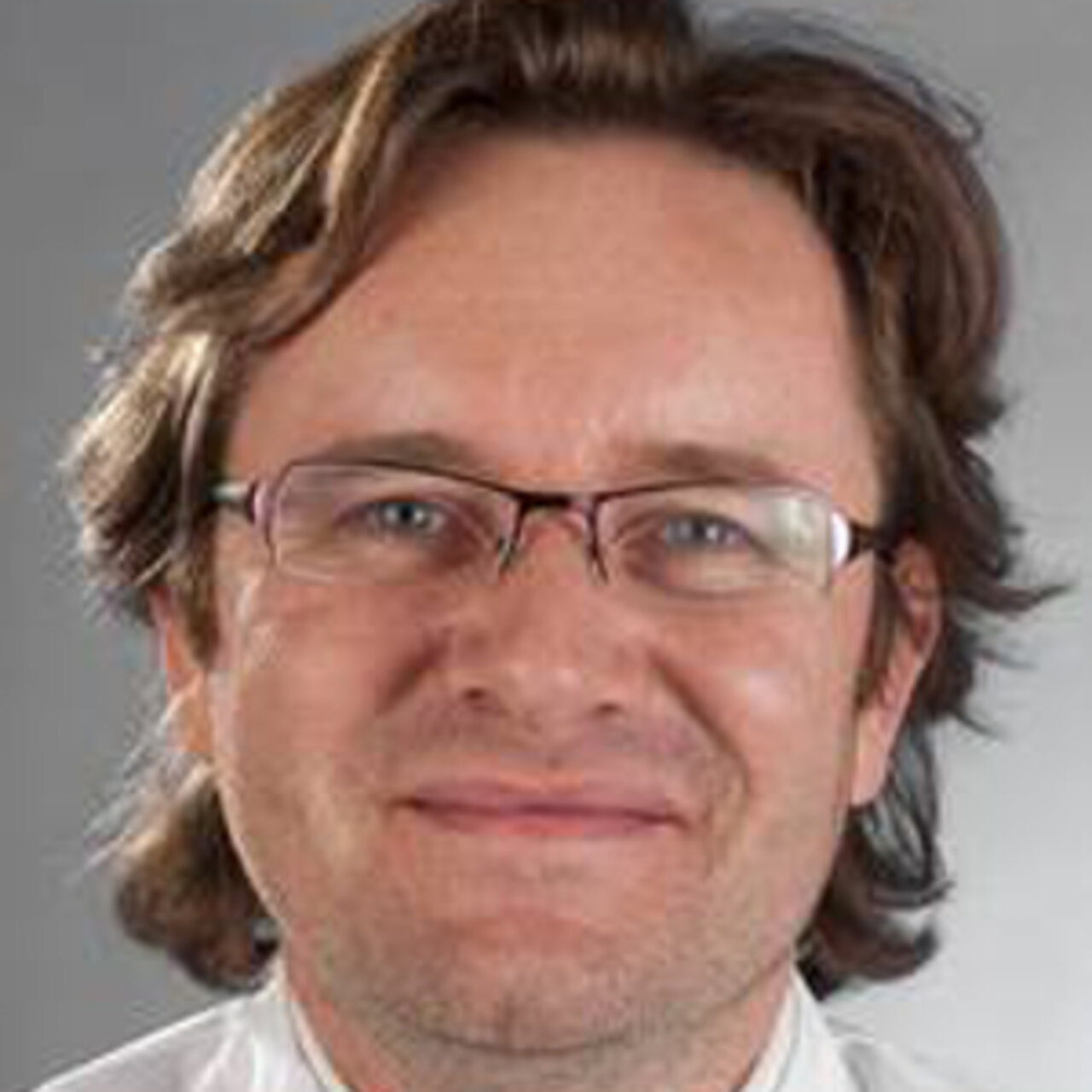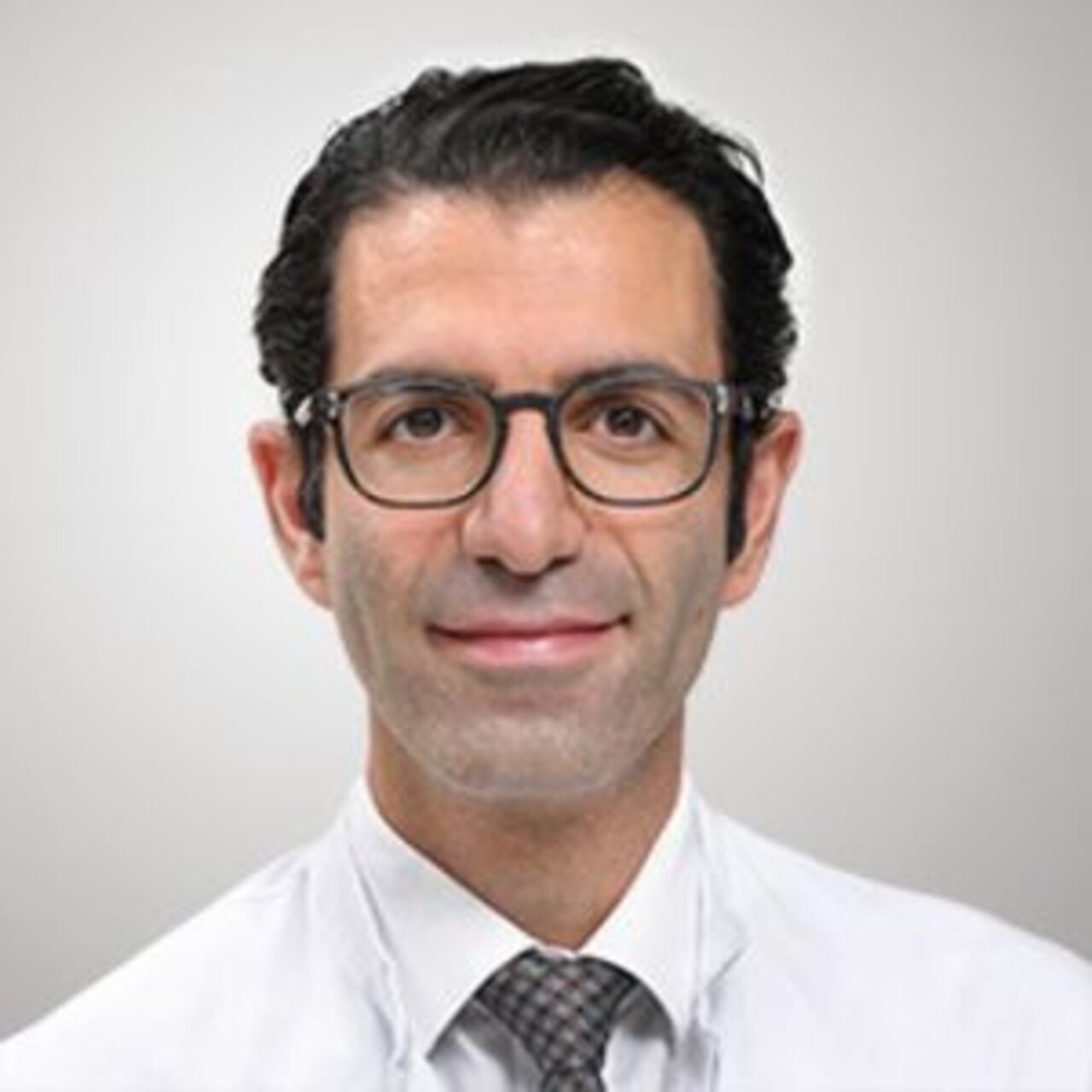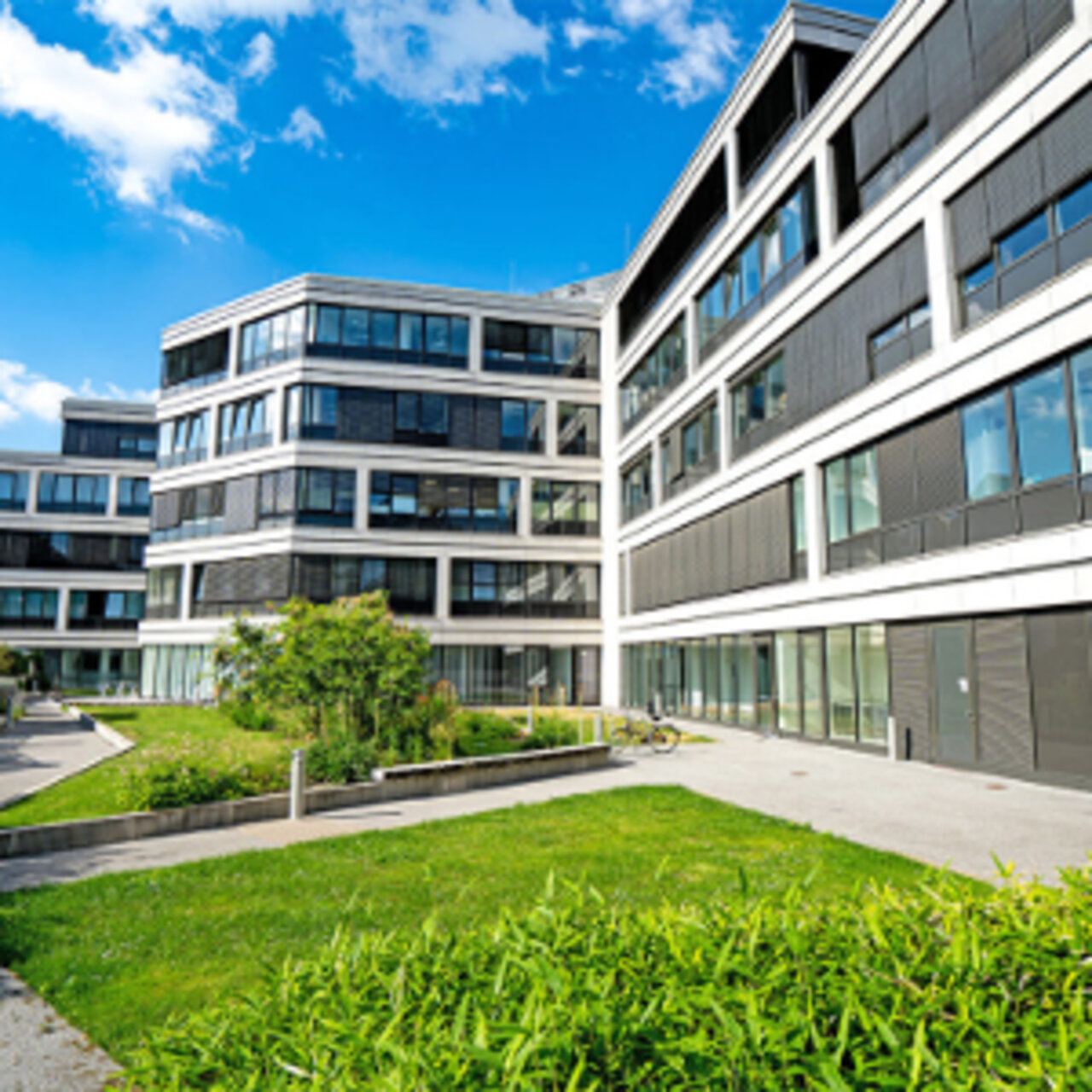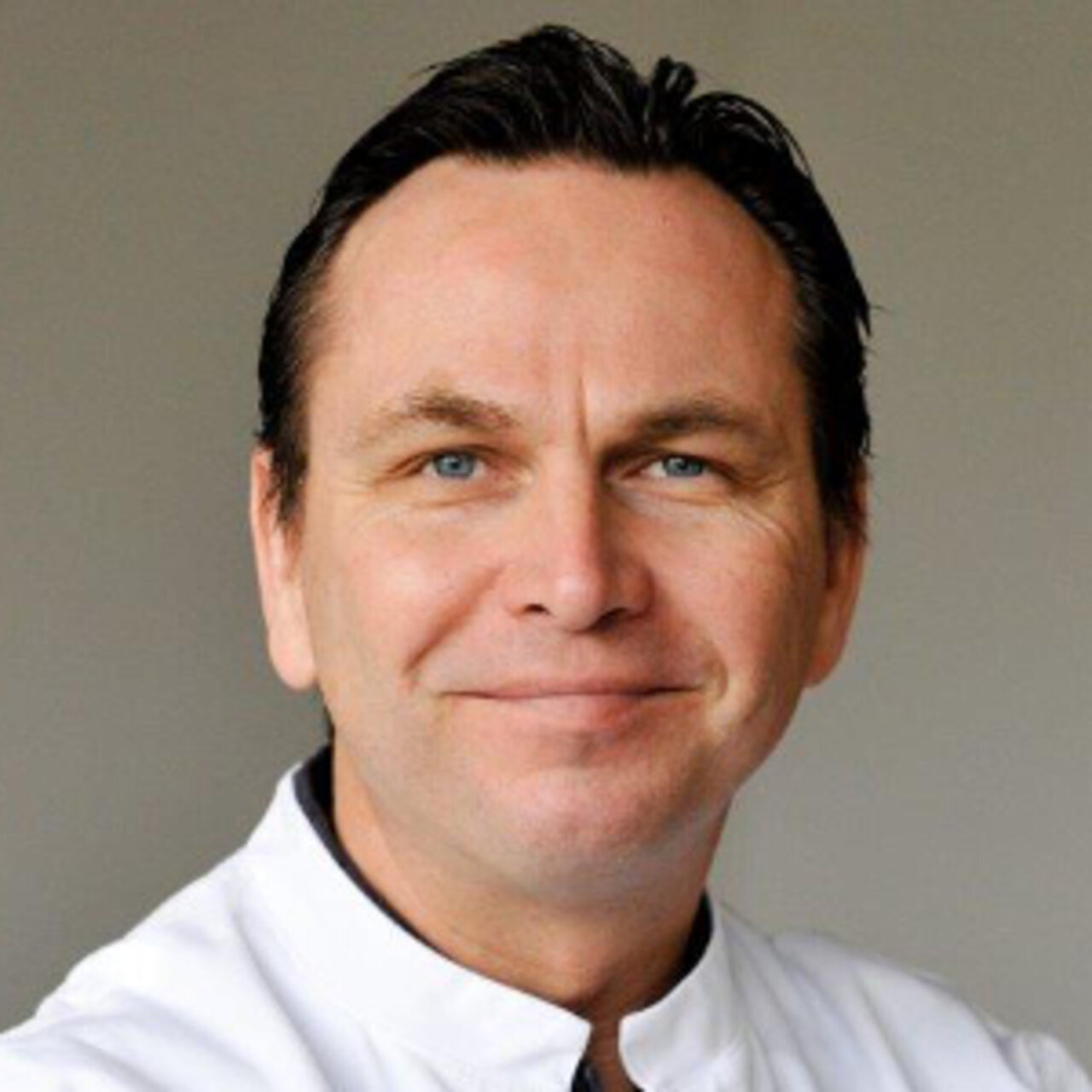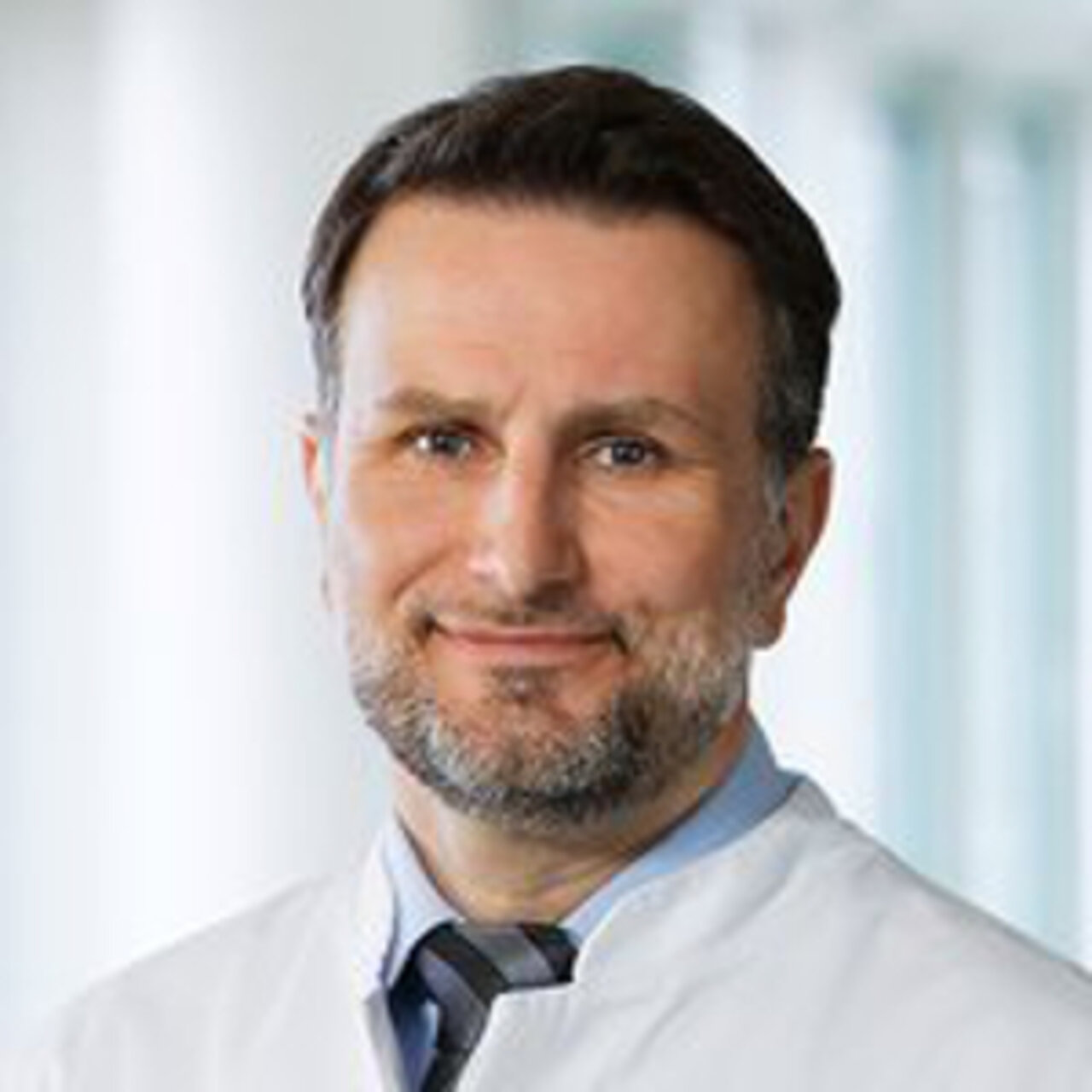Specialists in Spinal Canal Stenosis
19 Specialists found
Information About the Field of Spinal Canal Stenosis
What Is Spinal Canal Stenosis?
Spinal stenosis is a narrowing of the spinal canal in which the spinal cord nerves run. The narrowing can occur in all areas of the spinal column. Depending on the localization, a distinction is made between spinal canal stenosis of the cervical spine, thoracic spine, and lumbar spine.
Causes of Spinal Canal Stenosis
Spinal canal stenosis is often caused by a congenital narrowing of the spinal canal. An extreme hollow back can also be causative. Especially in older age, degeneration of the spinal bones and intervertebral discs leads to alterations in the spinal axis and the internal canal.
Symptoms: How Is Spinal Canal Stenosis Noticed?
Due to the narrowing of the nerves, the following symptoms may occur with spinal canal stenosis:
- Tingling in the hands and feet
- Radiating pain in arms and legs
- Sensory disturbances
- Numbness
- Gait instability
- Paralysis or paraplegic syndrome in the final stage
Spinal Canal Stenosis Therapy: Surgery or Conservative Treatment?
Not every spinal canal stenosis needs to be treated surgically. In any case, a detailed examination by a specialist is important. In the beginning, the orthopedist or neurologist examines in detail the movement functions, sensitivity, and pain on touch and movement. Imaging techniques such as computer tomography and magnetic resonance imaging are used for precise localization and identify the extent of spinal canal stenosis. According to the examination results and the problems described by the patient, the specialist will recommend therapy.
In mild cases, physiotherapy and muscle training to stabilize the spine and correct posture are also sufficient. Besides, anti-inflammatory and pain-relieving medications can be taken.
If the discomfort and narrowing are appropriately severe, surgical therapy is carried out. A neurosurgeon usually carries out the surgery due to nerve involvement. Today, the best results are achieved by microsurgical procedures with little risk of injury due to the smallest instruments and the use of a surgical microscope.
Spinal Canal Stenosis Surgery
Microsurgical operation of spinal canal stenosis is performed in special centers by well-trained specialists in neurosurgery or orthopedics. It is a minimally invasive decompression surgery of the spinal canal in which the spinal cord nerves run.
During the operation, the surgeon accesses the affected section of the vertebral body through a small incision above the spine. After the spinal muscles have been pushed aside, parts of a vertebral body, ligaments, or a disc may be removed. The exact parts and extent depend on the nature of the spinal canal stenosis.
The spine specialist carried out the microsurgical surgery using tiny instruments under a surgical microscope, which ensures that nerves and blood vessels are spared during the spinal canal widening and that as few spinal structures as possible are destroyed unnecessarily. If the surgery endangers the spine's stability, intervertebral discs can be replaced, or individual joints can be stiffened, which does not have a noticeable effect on later mobility.
After the surgery, an X-ray check-up takes place in which the operated spinal canal stenosis is compared to earlier X-ray images. The advantage of the gentle, microsurgical therapy of spinal canal stenosis is low blood loss, hardly visible scars, and a fast recovery after the surgery.
Healing Process and Prognosis after Spinal Canal Stenosis Surgery
In most cases, mobility with little weight bearing can be started the day after surgery immediately. A trained physiotherapist will help you with this. Often, you will notice a slight improvement in symptoms within the first few days after the microsurgical procedure. However, it can take several weeks to months until complete recovery because the nerves, which have been constricted for a long time, need time to recover.
Die minimalinvasive Operation bei Spinalkanalstenose bietet Menschen mit großen Beschwerden eine deutliche Schmerzminderung und Verbesserung des Bewegungsvermögens. Leichte Schmerzen können aber auch nach der Therapie vorhanden bleiben, da anderweitig bestehende degenerative Veränderungen der Wirbelsäule vorhanden bleiben. Auch hier können konservative Therapiemaßnahmen und Krankengymnastik unterstützend helfen.
Minimally invasive surgery for spinal canal stenosis offers significant pain reduction and improvement in range of motion for people with significant symptoms. Mild pain may remain after therapy due to otherwise existing degenerative changes in the spine. Conservative therapy measures and physiotherapy can also provide supportive help for this.
Which Doctors and Clinics Are Specialised in Spinal Canal Stenosis in Germany and Switzerland?
Every patient suffering from spinal canal stenosis wants the best medical care. Therefore, the patient is wondering where to find the best clinic for spinal canal stenosis. As this question cannot be answered objectively and a reliable doctor would never claim to be the best one, we can only rely on the doctor’s experience. The more surgeries or treatments have been carried out, the more experienced the doctor becomes in his specialty.
Different specialists can diagnose spinal canal stenosis. The first doctor is usually the general practitioner. This doctor can decide whether a referral to a neurologist or orthopedist is necessary. To confirm the diagnosis, specialists generally use imaging techniques such as magnetic resonance imaging or computed tomography. If surgery is needed, specialists in spine surgery are the right professionals to contact.
We will help you find an expert for your condition. We have reviewed all listed doctors and clinics for their outstanding specialization in the spinal canal. They are awaiting your request for a second opinion or your request for treatment.
Sources:
Siewert, Jörg Rüdiger: Chirurgie. Berlin, Heidelberg: Springer, 2006.
